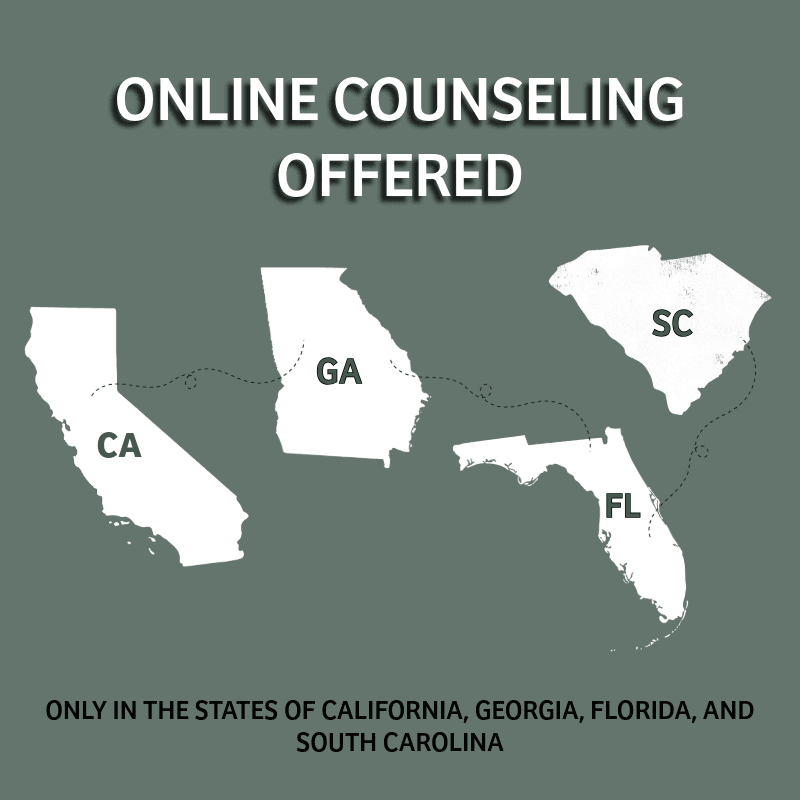By Rachel Butler, LAPC
When teens self-harm, it can bring up a lot of emotions for parents.
You may be frustrated that they couldn’t find another way to cope with their problem at hand. You may feel sad that they didn’t feel comfortable turning to you before they hurt themselves. You may be confused as to why they self-harm in the first place. These are all normal reactions to have in this situation.
Read below for tips on how to talk to your teen about self-harm
1) Allow your teen to express their thoughts and feelings regarding their troubling situation freely and without judgement or criticism
2) Refrain from using “you” or “why” statements or questions. Hearing these statements will likely put your teen on the defensive. Shy away from saying “Why are you doing this?”
3) Validate their emotions and empathize with their struggle. Try “This must be really hard for you…” or “I can see how that would make you feel…”
4) Be available for talks and questions regarding their situation. Sometimes just being there to sit with them in their emotions and be a companion through the emotional pain.
5) Educate yourself on the reason(s) your teen is using self harm as a coping skill. Some teens use it to feel alive and stop feeling numb. Others may feel that they “deserve” the punishment they inflict for not living up to standards or making mistakes.
6) Consider re-framing the situation. “I’m so glad that you found a coping skill that works for you, however, I’m worried about how this can hurt you. What are some other coping skills we could use instead?”
7) Read, Helping Teens Who Cut, by Michael Hollander https://www.amazon.com/dp/1462527108/ref=as_sl_pc_tf_til?tag=rachelbutlerc-20&linkCode=w00&linkId=091a144354cc54a4f0375fbcbe357509&creativeASIN=146252710
8) Remind them of the acronym TIPP.
T: Tip the Temperature. Hold an ice pack on your eyes and cheeks for 30 seconds to calm down fast.
I: Intense Exercise. Get rid of pent up energy by running, jumping, or dancing intensely.
P: Paced Breathing. Breathe in for 4 counts, hold for 4, and breathe out for 6 counts. The numbers don’t matter as long as your exhale is longer than your inhale, this slows down our heart rate.
P: Paired Muscle Relaxation. Take a deep breath, notice the tension in your body, breathe and say “relax”, imagine your tension leaving your body, and repeat.
If your teen is cutting, they are experiencing emotional pain that they cannot manage. It is a clear sign they need help from a licensed professional. We have caring counselors that are experienced working with teenagers and cutting. We also offer support to parents through this difficult time.
Click here to schedule to talk to a caring counselor
Click here to learn how to choose the right counselor
Click here to learn more about our counselors

Written by Rachel Butler, LAPC of Johns Creek and Alpharetta Counseling
Johns Creek and Alpharetta Counseling (#JCAC) is a warm and family orientated counseling practice in Alpharetta, Ga. We offer online counseling services in the states of Georgia and Florida. We offer in-office counseling service at our Alpharetta office which is conveniently located to serve Johns Creek, Milton, Roswell, and Cumming, Ga.
The JCAC Counselors specialize in counseling services throughout the lifespan! We offer play therapy, counseling for children, parental support, adolescent counseling, mental health services, couples counseling, premarital therapy, and individual counseling for adults.
To learn more about our practice, click here!
#JCAC #Anxiety #Depression #Couples #Adolescents #PlayTherapy #Premarital #MentalHealth #Counseling #OnlineCounseling #Alpharetta #JohnsCreek





